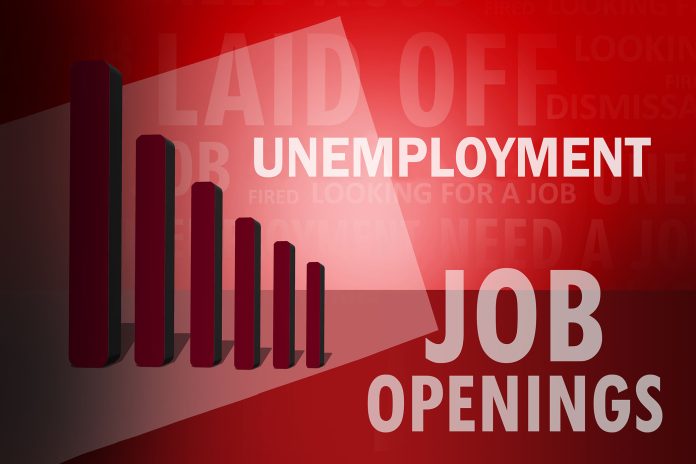– Ayesha Sultana
In the vibrant tapestry of Indian politics, the Bharatiya Janata Party (BJP) has strategically crafted a narrative around four pivotal pillars: the poor, the youth, women, and farmers, often referred to as the ‘chaar jatiyan’ (four castes). This departure from traditional caste politics underscores a shift towards development and inclusivity, encapsulated under the pledge for a Viksit Bharat (Developed India). Among these pillars, the youth emerge as a focal point, embodying the aspirations and dynamism of a burgeoning demographic.
Prime Minister Narendra Modi’s clarion call to action in his 110th ‘Mann ki Baat’, urging first-time voters to participate through the ‘Mera Pehla Vote – Desh Ke Liye’ campaign, underscores the critical importance of youth engagement in the democratic process. However, amidst these promises, a pertinent question arises: Does the BJP’s agenda truly resonate with the concerns of the youth, particularly regarding employment?
The issue of unemployment looms large in the minds of young voters, shaping their vote choice and influencing their perception of political parties. To dissect the pulse of the young electorate from Delhi, we turn to data sourced from the Lokniti-CSDS survey conducted in the first week of March 2024. This survey involved interviews with 611 students in Delhi, providing valuable insights into the socio-political landscape of the national capital.
Unemployment emerges as a major factor in shaping the vote choice of the youth in Delhi. As per the survey findings, a significant portion of young voters expressed deep-seated concerns about the lack of employment opportunities and the challenging job market. This sentiment underscores the pressing need for substantive policies and initiatives aimed at tackling youth unemployment.
In the ongoing debate over responsibility for employment generation, the narrative oscillates between governmental bodies and individual citizens. While the government is expected to create an enabling environment conducive to job creation through policy reforms, infrastructure development, and skill enhancement programs, individual citizens are also called upon to actively participate in the economy and entrepreneurship.
However, the burden of addressing youth unemployment cannot rest solely on the shoulders of individual citizens. Governmental interventions play a crucial role in providing avenues for employment through targeted initiatives and investment in sectors with high potential for job creation, such as technology, manufacturing, and the service industry.
The Lokniti-CSDS survey underscores the need for political parties to align their agendas with the aspirations and concerns of the youth electorate. While the BJP’s emphasis on development and inclusivity resonates with many young voters, the efficacy of their policies in addressing the root causes of unemployment remains a subject of scrutiny and debate.
As Delhi gears up for the upcoming elections, political parties must recognize the urgency of addressing youth unemployment and formulating concrete strategies to empower the next generation of leaders and innovators. Only through collaborative efforts between government, industry, and civil society can we pave the way for a more prosperous and inclusive future for India’s youth.




